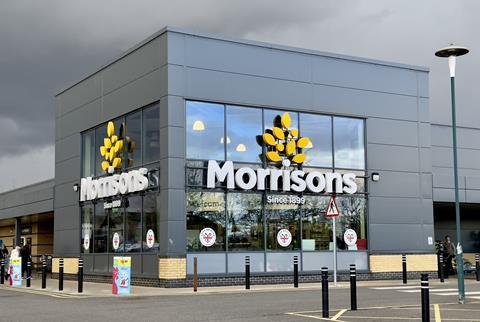
Morrisons returned to profit in 2024 as it placed a "significant focus" on improving availability and value.
According to accounts filed at Companies House for the 52 weeks to 27 October 2024, the private equity-backed retailer bounced back from a loss of £919m to a pre-tax profit jump of £2.1bn as it benefitted from the £2.5bn sale of its petrol forecourts business to Motor Fuel Group.
Its the first time Morrisons has made a profit since being taken over by Clayton, Dubilier & Rice in 2021.
Stripping out the boost from the forecourts disposal, pre-tax profits from continuing operations more than doubled, up from £64m to £138m, and underlying EBITDA came in 11.2% higher year on year at £835m.
Morrisons said the profit growth was driven by volume as it improved its retail offering with “sharper prices, increased availability and an improved range”.
During the period, Morrisons placed "unobtrusive static cameras" on to its fixtures which, powered by AI, automatically monitor the availability of the products on the shelves of the opposite fixture. This alerts colleagues to check for additional stock and if possible, replenish within an hour.
In improving value for money, the retailer increased its discounter price match to over 500 products. It also scaled More Card Prices to more than 2,500 products and introduced the loyalty scheme into its convenience and Amazon channels for the first time.
As a result, sales linked to More Card increased by 12% in the year and improved further after the end of the financial period to its “highest level ever”, with 76% of supermarket sales now through the loyalty scheme.
Total revenues at the chain fell to £17bn in FY24, down from £18.3bn in the year prior, reflecting the disposal of the 337 petrol stations to Motor Fuel Group, which is also backed by CD&R.
However, like-for-like sales improved by 4.1% in the year.
All the group's sales channels grew, with particular momentum in its convenience stores, which were formally owned by McColl's. Convenience like-for-like sales increased by 8.9% in the period, while the franchise and wholesale business boosted like-for-like growth by 29.8%.
Morrisons has continued to accelerate its plans in the convenience market and reached the end of its McColl’s conversion programme during the year, with all stores now trading as Morrisons Daily. It continues to see strong one and two-year sales trends post conversion through its company-owned, company-operated model.
The supermarket's positive performance comes despite Lidl having overtaken Morrisons to become the UK’s fifth-biggest supermarket in terms of food and drink sales last week.
Lidl’s food and drink market share – including sales of fresh, chilled and ambient groceries but not alcohol, household, toiletries or healthcare – was 7.7% in the 52 weeks to 13 July 2025, compared with Morrisons’ 7.6%, according to unpublished Worldpanel data seen by The Grocer.







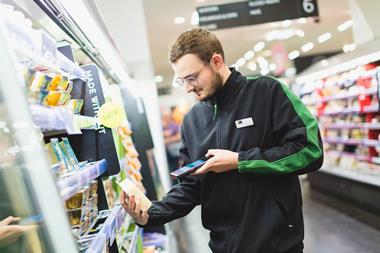

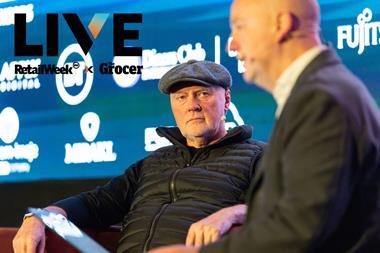
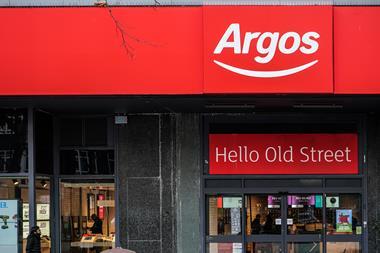

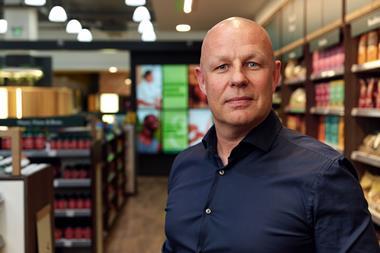

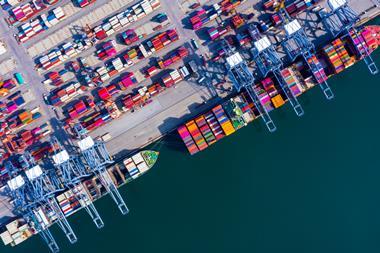

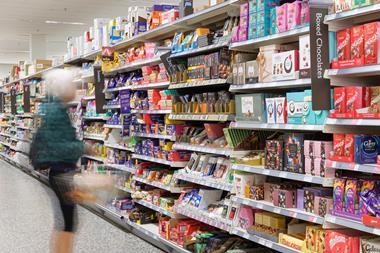


No comments yet